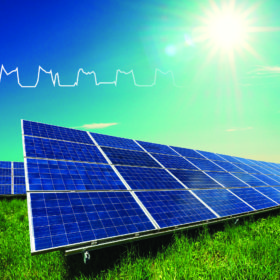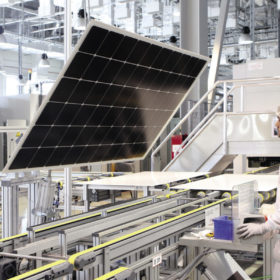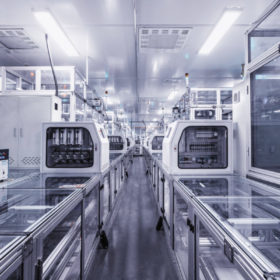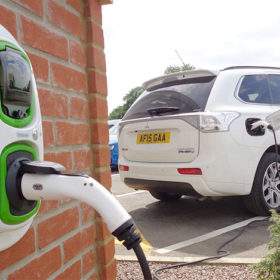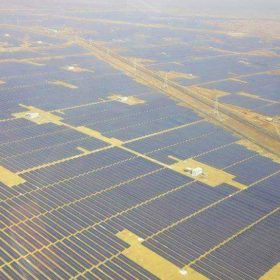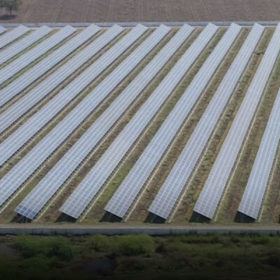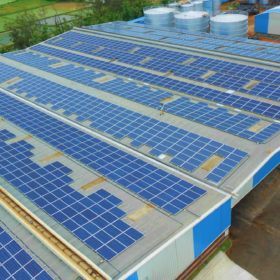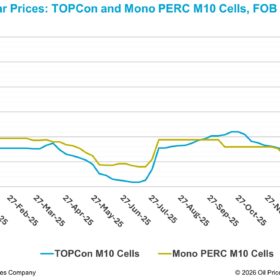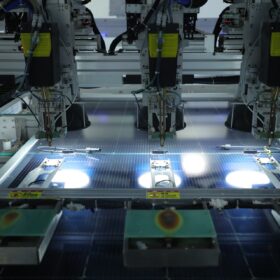EDEN Renewables seals power supply agreements for 716 MW of new solar capacity
The deals will pave the way for four new solar parks that are set to be commissioned towards the end of next year.
Has solar lost its sheen for India’s EV push?
While India’s recent union budget announced steps to create an electric vehicle market, the solar sector still has issues that have not been addressed.
Rajasthan Electronics tenders for supply of solar modules
Jaipur’s Rajasthan Electronics & Instruments Limited has invited bids from Indian manufacturers for the supply of 75 Wp solar modules based on crystalline silicon technology. Bidding will close on July 19.
Energy storage and EVs clear winners in union budget 2019: IESA
The new budget aims to seize the opportunity in energy storage and EVs through a range of incentives. However, alongside demand, production and export, the government also needs to focus on e-waste management and Li-ion battery recycling to sustain raw material supply and minimize environmental impact.
Economic Survey calls for $330 billion investment in renewables
The annual report has placed EVs at the heart of India’s decarbonization and called for an Indian answer to the U.S. ‘Motor City’ of Detroit, where electric vehicles and the batteries to run them could be manufactured.
Budget 2019: GST on EVs reduced to 5%, tax incentives on loan
To boost electric vehicle adoption in the country, the government has reduced goods and services tax on electric vehicles to 5% from 12%. Further, it will provide additional income tax deduction of Rs 1.5 lakh on interest paid on loans taken to purchase electric vehicles.
PPA revisit in Andhra Pradesh will impact solar investment: India Ratings
The high-level committee formed by Andhra Pradesh government to review and renegotiate the signed power purchase agreements with wind and solar power developers has the potential to impair the cash flows of projects in the sector.
KPI Global gets GETCO nod to enhance solar power evacuation
Independent power producer KPI Global Infrastructure has received Gujarat Energy Transmission Corporation’s approval to enhance solar power evacuation from 30 MW to 70 MW (30 MW existing + 40 MW additional capacity) at 66 KV Amod Substation of district Bharuch in Gujarat.
MNRE approves 12 GW solar scheme for public sector undertakings
Up to Rs7 lakh of funding assistance per megawatt will be available to developers who deploy PV capacity for consumption by public entities. The energy produced will be supplied with a Rs3.50/kWh ceiling tariff and projects will be subject to strict domestic content requirements.
Delhi Police buildings will soon have rooftop solar systems
Under an MoU signed with Solar Energy Corporation of India, grid-connected rooftop solar systems totaling 3-4 MW capacity will be installed on more than 200 police establishments across the capital.

